A growing wave of Brits are trading packed trains and Teams calls for a subtropical rock in the Atlantic where the clocks match London, the coffee is strong, and the week unspools at a Sunday pace. The office is still there. It’s just four hours and a sea breeze away.
She taps out a message to a London client, then closes her eyes as a scooter hums past and the ocean shushes the pebble beach below. A waiter brings pastéis de nata and doesn’t hurry her. Across the road, a man in a neat polo folds his meeting into an early swim, leaving his blazer on the wall like a small rebellion. People are working, but nobody looks clenched. The day feels slow without being dull. We’ve all had that moment when you wonder if the life you built is just a default setting. Here, it’s as if someone found the toggle and slid it toward “Sunday”. The island is Madeira.
Why Brits are swapping commutes for an ocean view
Madeira has the audacity to run on London time while acting like a village. Flights from Gatwick land you in Funchal by lunch, and your calendar stays in sync with the UK. That single detail changes everything. Meetings don’t creep into dinner. Teams calls don’t happen at midnight. **Madeira runs on London time.** You get late-morning sun for your first brew and an energy that doesn’t feel rushed, especially outside the capital’s tight grid. It’s a working day shaped by weather, not by fluorescent panels.
The draw is practical too. In Ponta do Sol, the Digital Nomad Village stitched coworking, local cafés and coastal paths into a routine that makes sense. A designer from Leeds told me her rent dropped to roughly half of Zone 2 prices for a bright one-bed with a balcony and a sea glance. She cycles to the market for maracujá, then logs on at nine. After a 2 pm call, she walks the old banana terraces where cats nap on stone steps. “Back home,” she says, “my day felt like a funnel. Here it’s a fan.”
There’s a logic beneath the romance. The island’s climate is a steady 18–24°C, which means no sweltering heat waves that melt productivity and no bone-cold commutes that grind patience. Internet is fast in most towns, especially Funchal, Santa Cruz and Ponta do Sol. English is spoken widely. And there’s an odd alchemy at play: Madeira’s Sunday energy doesn’t mean nothing gets done. It means the stress doesn’t leak into everything. *Your brain hears the ocean and stops sprinting.* Work still happens. It just stops pretending to be a personality trait.
How to make the move without blowing up your life
Test it first. Book 30 days, not 12. Work your normal UK hours, then live like a local from three. Rent near your intended routine: Funchal if you want buzz and quick services, Ponta do Sol for the slow-coast rhythm, Santa Cruz to be minutes from the airport. Pick an apartment with a desk and cross-breeze. Get a Portuguese SIM from MEO, NOS or Vodafone on day one. Trial two coworking spots and one café you can actually focus in. **The sea is your screensaver, not your office.**
Money-wise, set a calm baseline. Weekly food shops at Mercado dos Lavradores can be cheap if you skip tourist pricing and buy from the back stalls. Coffee is a habit here, not a luxury. Taxis add up, so learn the local bus routes or rent a small car for weekends. Let’s be honest: nobody really does that every day. If you’re planning longer than 90 days, look into Portugal’s digital nomad visa, which has an income threshold that sat around €3,280/month in 2024. Rules shift, so speak to someone who handles visas weekly, not just a mate in a Facebook group.
People fall down on the boring bits, which is where stress creeps back in. Open a multi-currency account before you fly. Photograph rental contracts. Ask your landlord to speed-test the Wi‑Fi during viewing. If taxes keep you up at night, talk to a professional about how UK residency, Portugal’s changing regimes and double-tax treaties meet in real life.
“I came for winter sun and stayed because my blood pressure dropped,” says Tom, a Manchester copywriter who now splits his year between Funchal and Stockport. “I still hit deadlines. I just don’t grind my teeth.”
- Idealista and local Facebook groups are where most rentals surface first.
- Direct flights from major UK airports run most days, weather permitting.
- Coworking passes range from day tickets to monthly deals with lockers.
- Hiking boots aren’t a flex here; they’re transport.
What a ‘Sunday’ island says about work, home and time
Swapping the office for Madeira isn’t a grand exit from capitalism. It’s a small, stubborn act of design. You’re changing the backdrop and the tempo, not the to-do list. The island invites that shift because its cadence is built into the landscape: terraced hills, slow bends, salt-damp evenings. **Rent can be half of what you pay in Zone 2.** Friends message asking if you’re “still on holiday”, and you start to realize the real trick: you’re not. You’re working with a shorter fuse on stress and a longer fuse on joy. That rubs off. Maybe you won’t move forever. Maybe you’ll take a season, learn what a Sunday pace does to a Wednesday, and carry it home like a souvenir nobody can see but everyone feels.
| Point clé | Détail | Intérêt pour le lecteur |
|---|---|---|
| London time zone | Madeira aligns with GMT and UK daylight shifts | No jet-lagged meetings, smooth collaboration |
| Cost–quality balance | Rents and daily costs often under big UK city levels | Higher living comfort without inflating budget |
| Workable infrastructure | Reliable fibre in key towns, evolving cowork spaces | Realistic remote setup with fewer tech hiccups |
FAQ :
- Do I need a visa to stay longer than 90 days?For short stays, UK passport holders can enter visa-free under Schengen rules. Longer stays typically require a visa, with a digital nomad route available; income thresholds and documents apply, so check current Portuguese guidance.
- Is internet fast enough for video calls?In Funchal, Santa Cruz and Ponta do Sol, fibre is common and stable. Always ask for a live speed test during a viewing and keep mobile data as a backup.
- What’s rent like compared with London or Manchester?Many one-beds near the coast come in well below Zone 2 prices, while still more than small-town UK. Expect seasonal swings and negotiate for stays over a month.
- Can I bring my UK job and pay UK tax?Plenty do, working UK hours for UK employers. Tax depends on residency days and treaties. Speak to an advisor who understands both systems before you cross any thresholds.
- Is island life too quiet after a while?If you crave nightlife, base yourself in Funchal and use weekends to explore levadas and villages. Balance is the game. The island gives you headspace; you choose the volume.

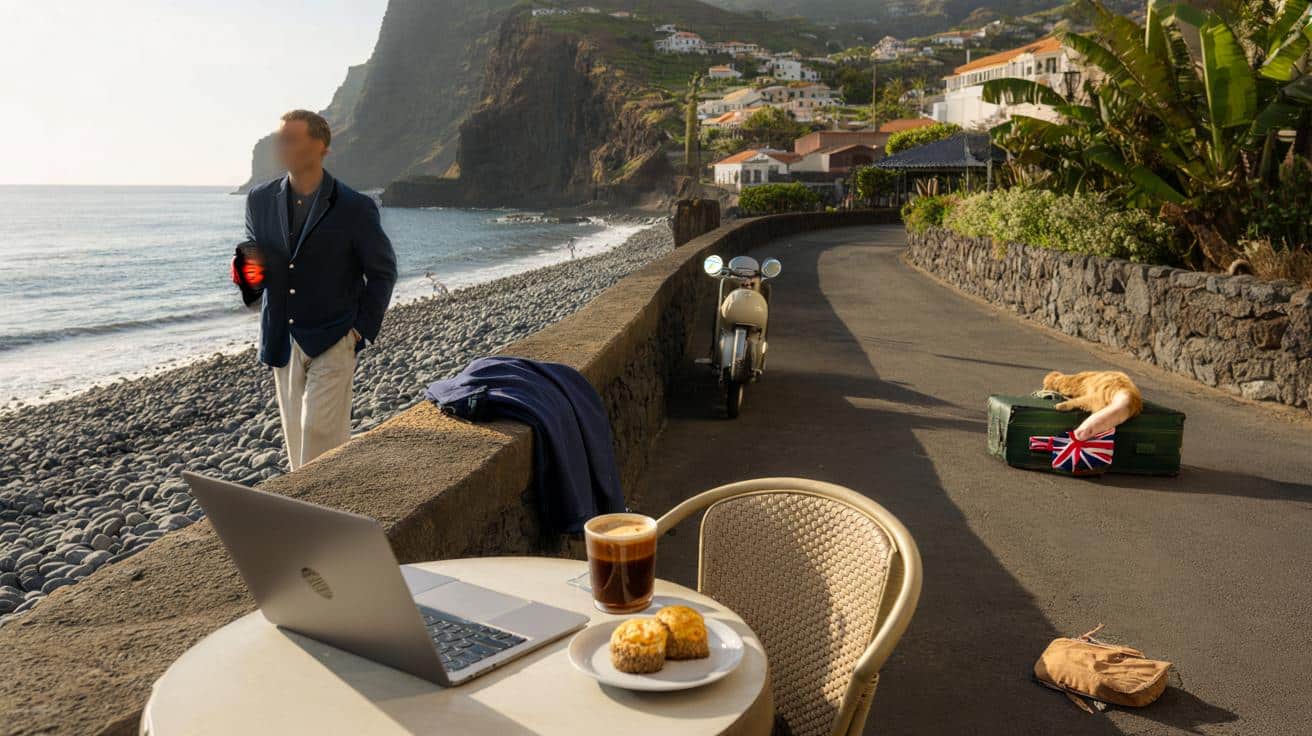
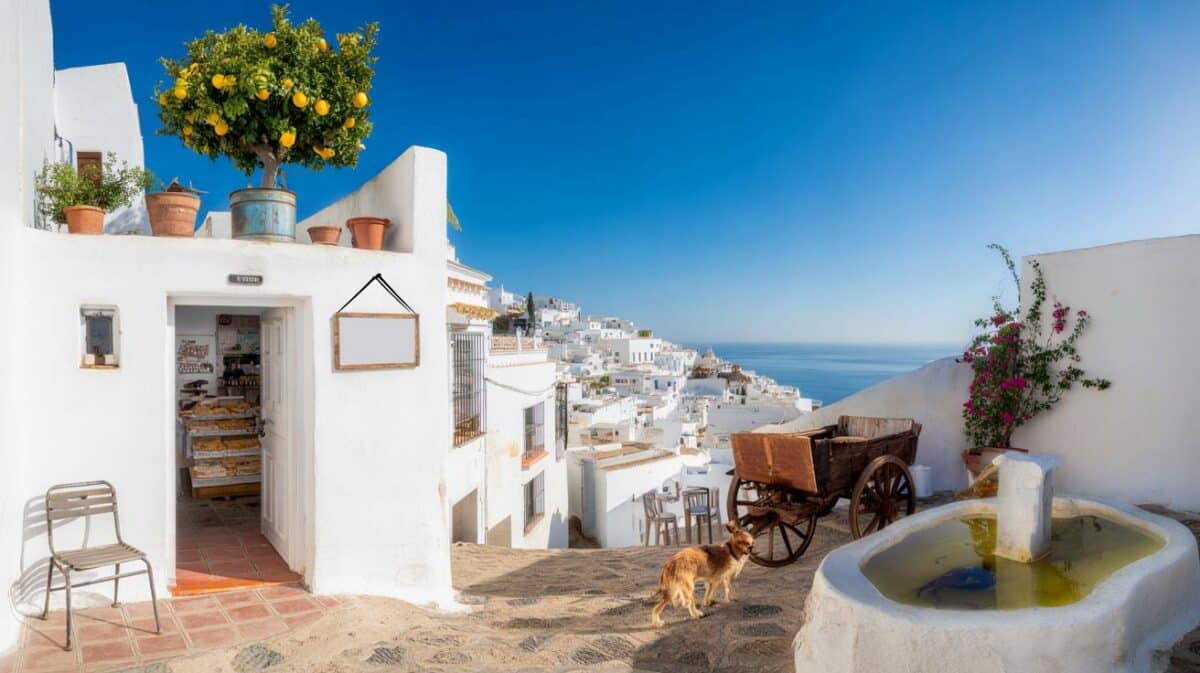
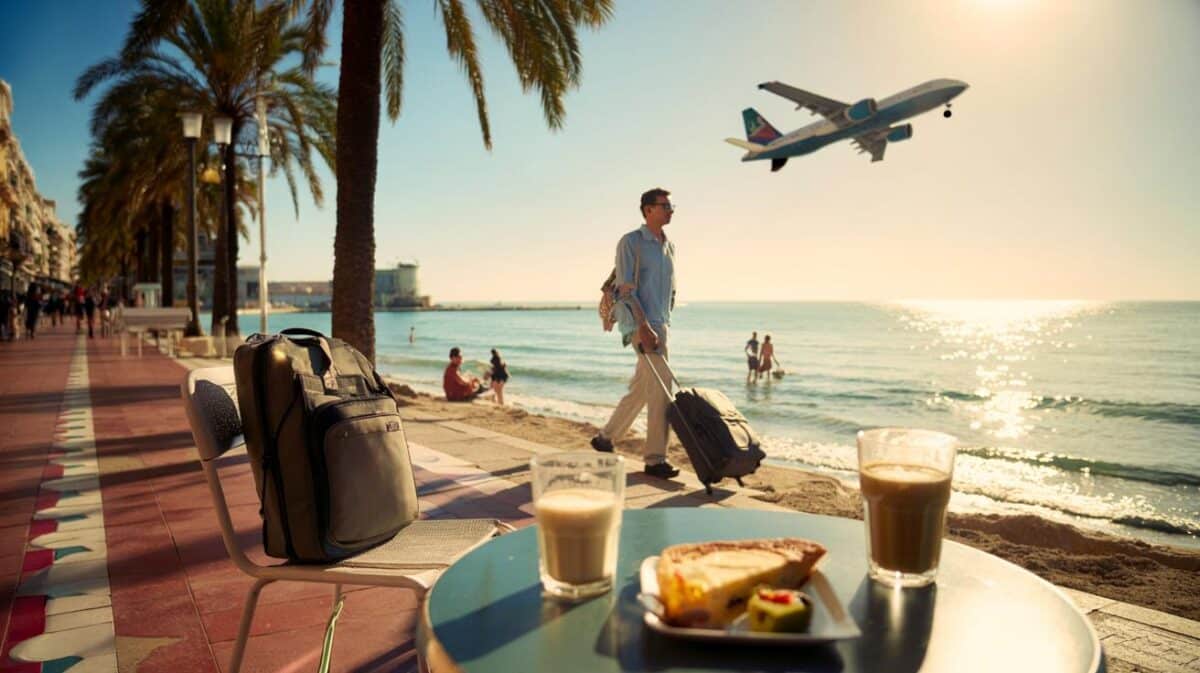

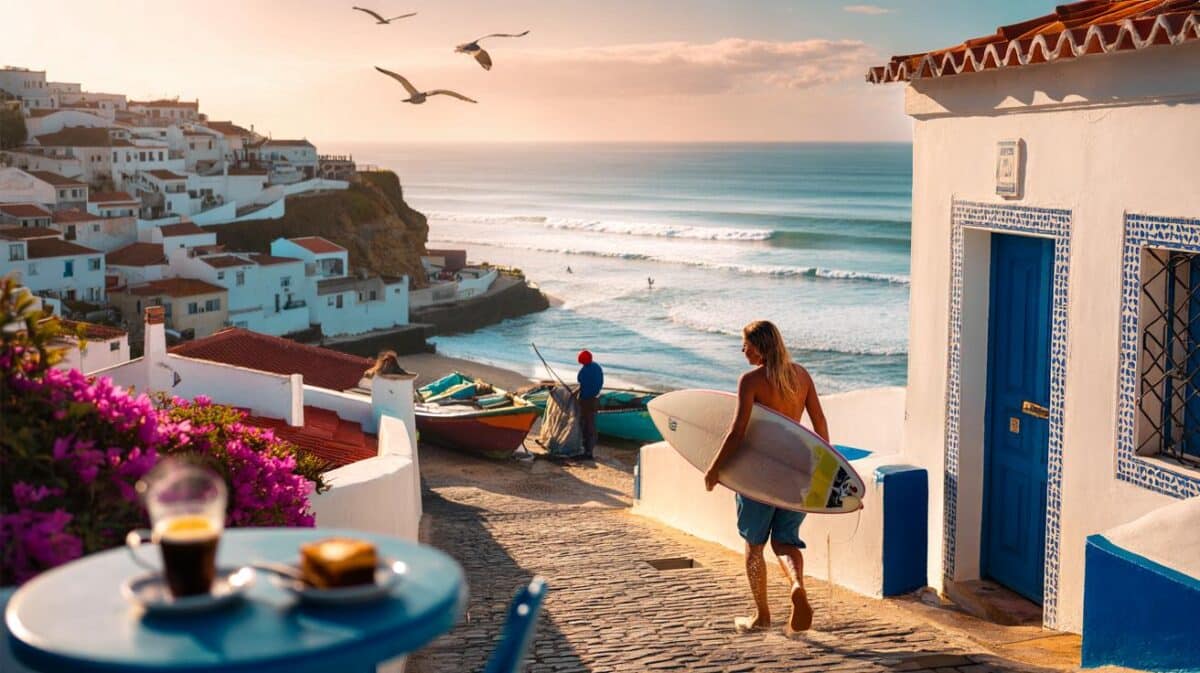

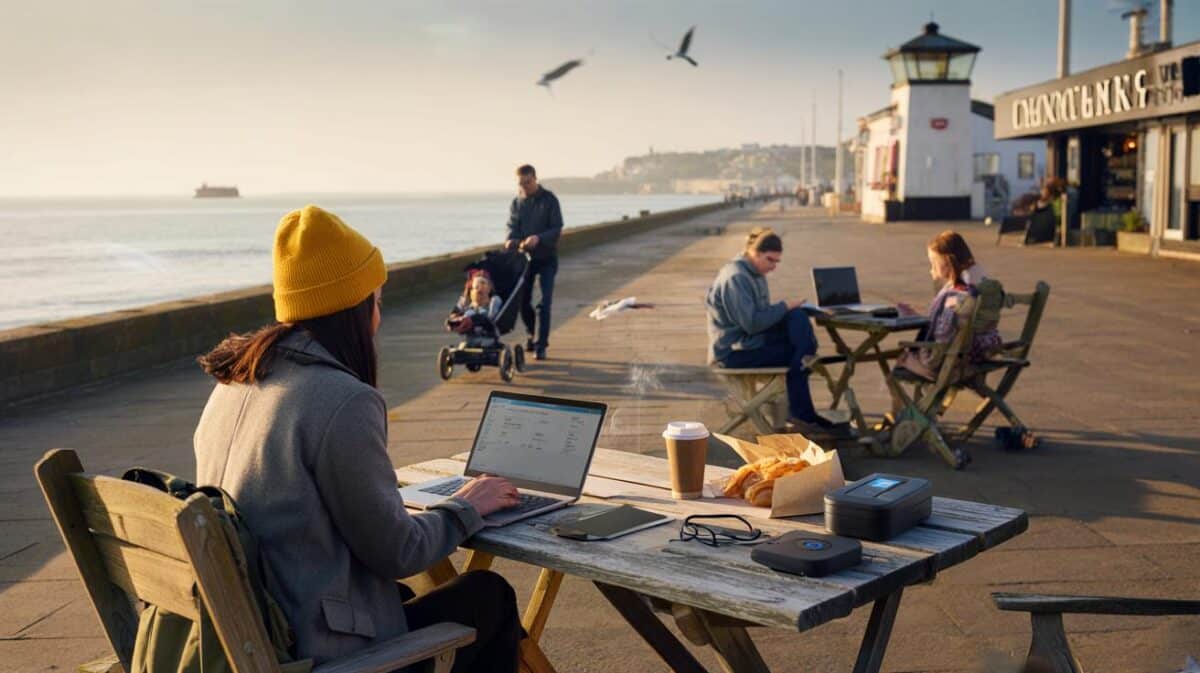
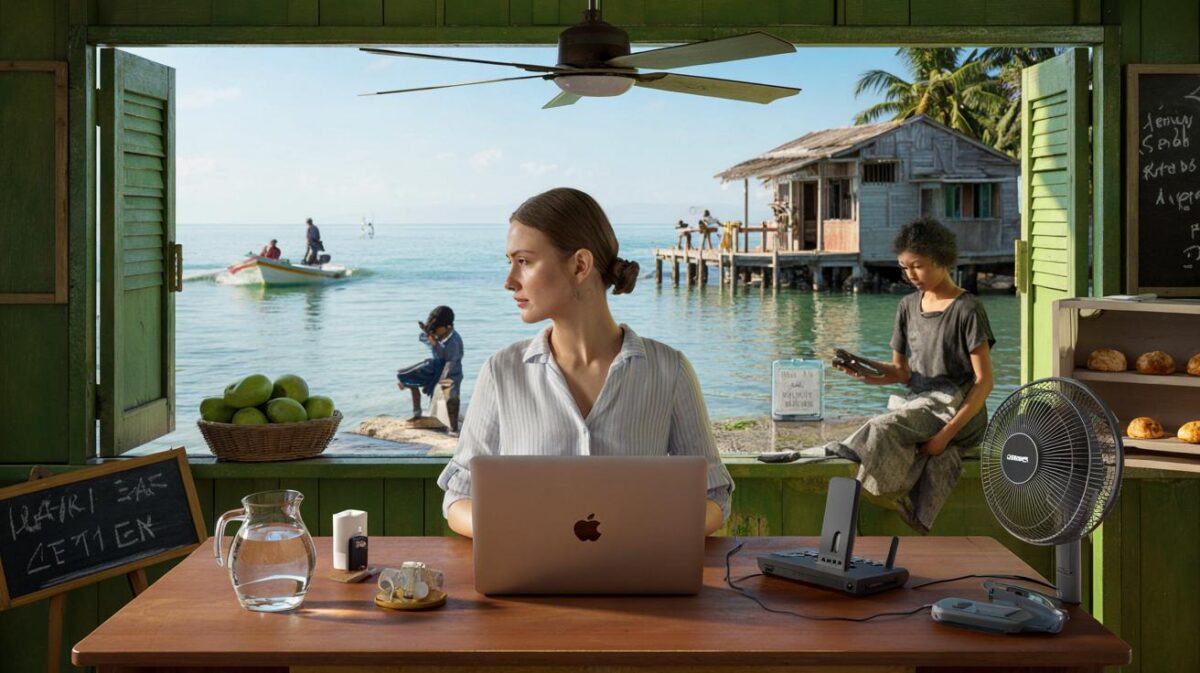

Okay, this definitley makes me want to swap the Jubilee line for a levada. UK hours + ocean noise = peak life hack. What’s the rainy season actually like for productivity?
Love the vibe, but what about gentrificaton pressures? Since the Digital Nomad Village, have rents for loacals jumped beyond wage growth? Any sources on vacancy rates, seasonality spikes, or landlords pivoting to month‑to‑month nomads over annual leases? I’m pro‑remote, just wary of exporting London housing dynamics to smaller markets that didn’t ask for it. Would be great to see tips on giving back (co-ops, local hiring, off-season stays) alongside the sunsets.